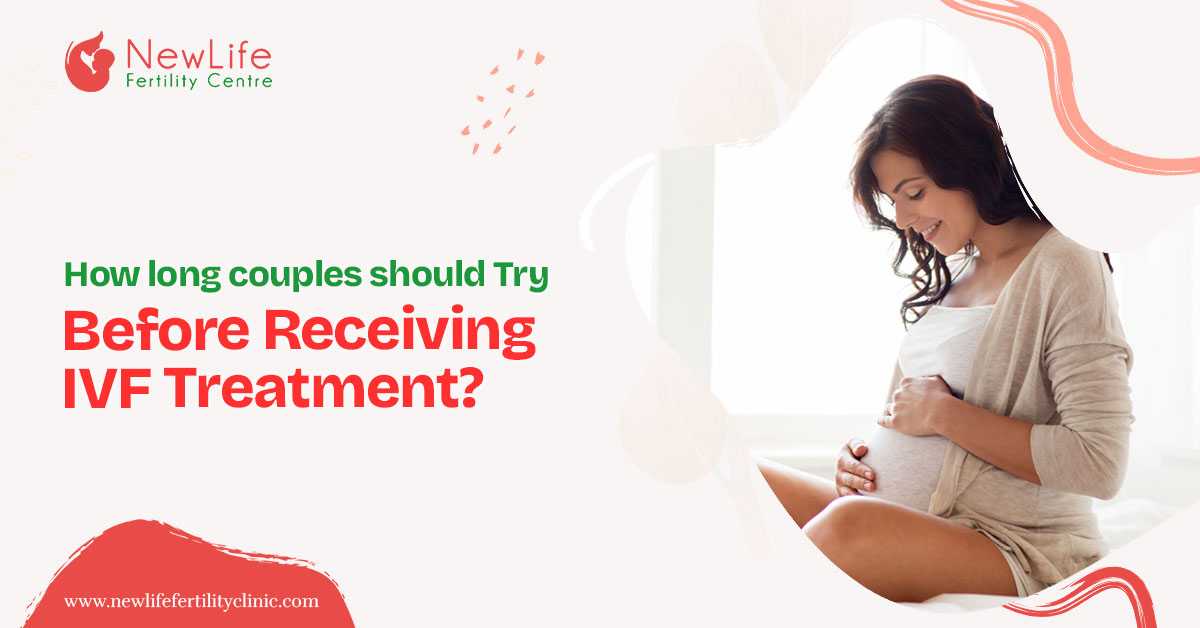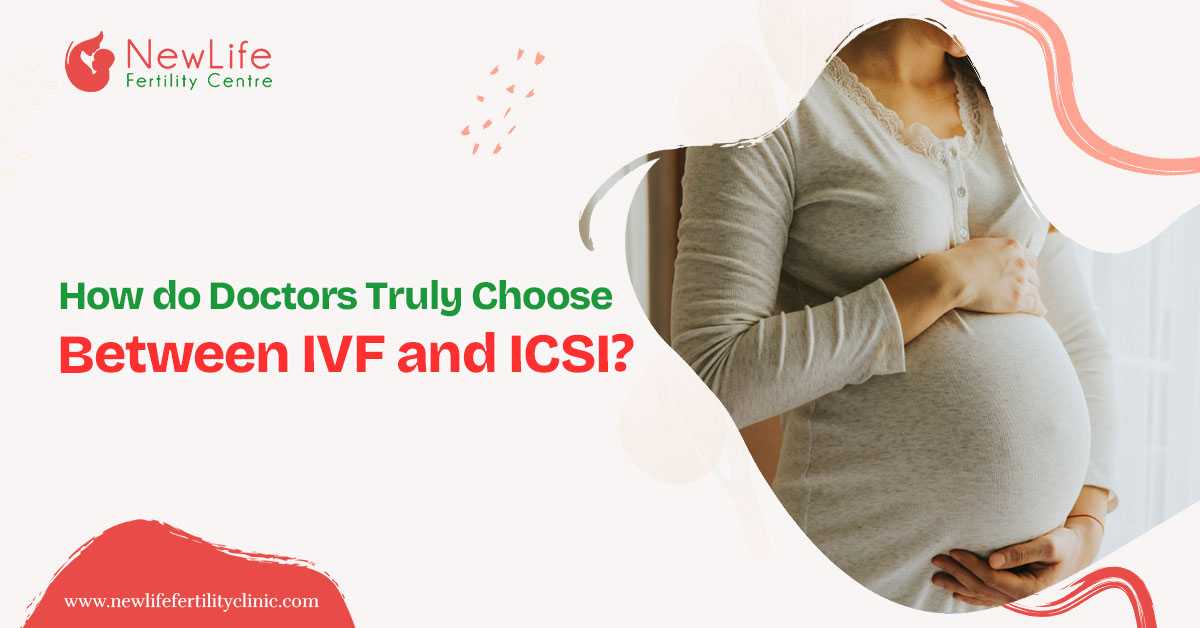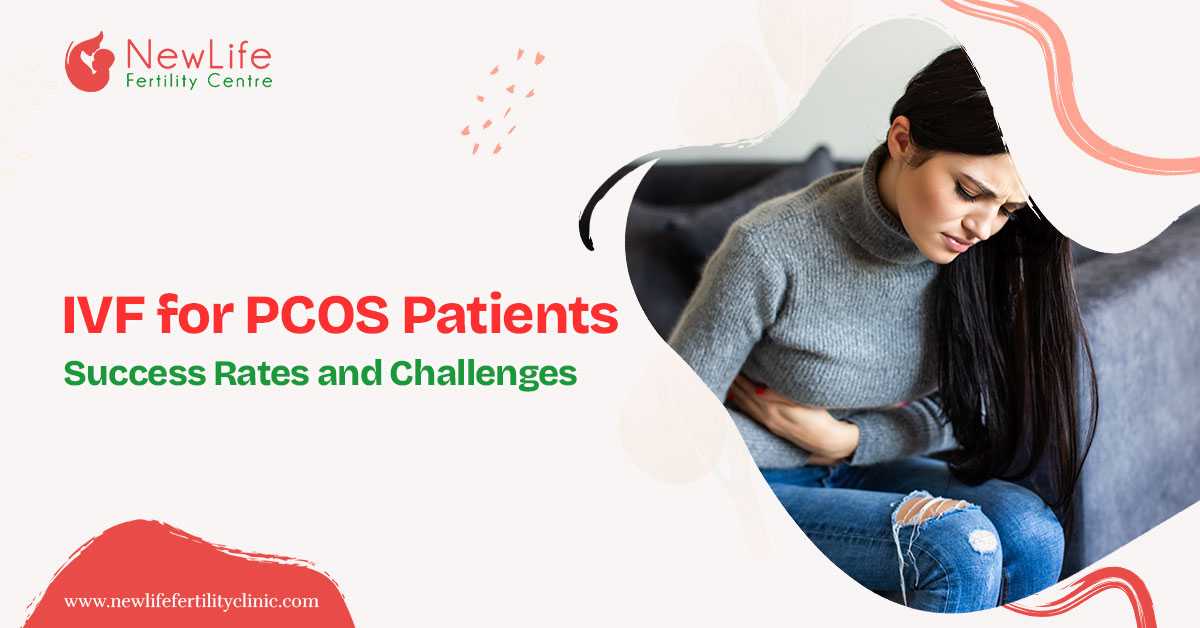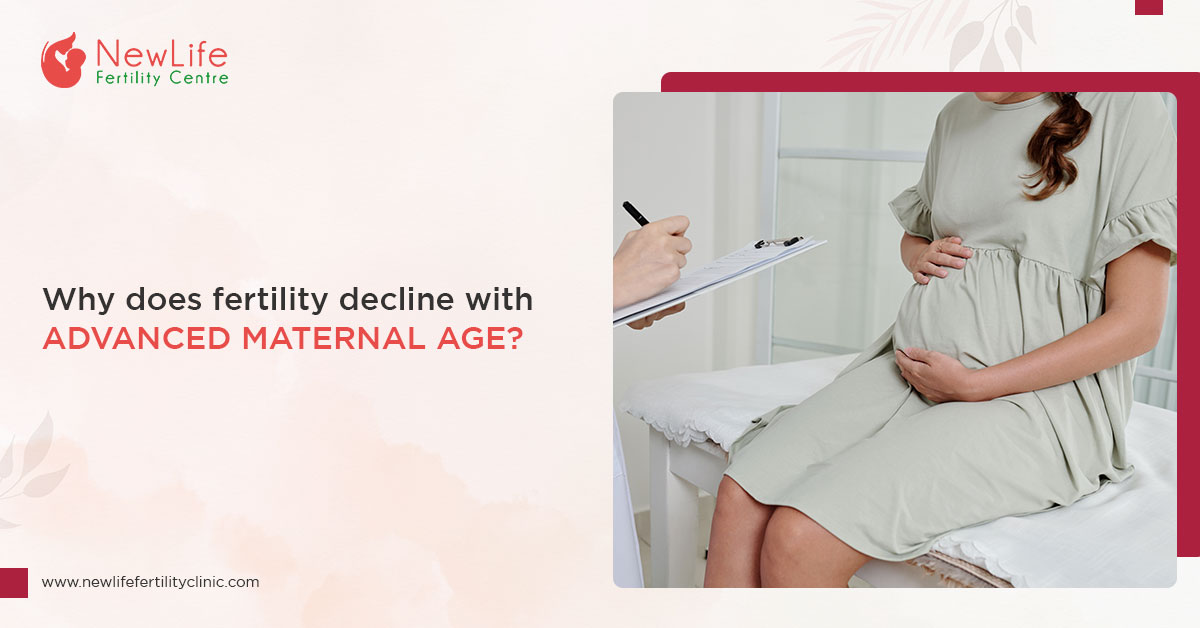Advanced maternal age is defined as the age of the woman 35 years or above who is planning to conceive. The primary cycle that begins at the age of 12 or 13 years is taken into account to be the beginning point of a woman’s “reproductive age” which terminates at menopause.
There is no worldwide explanation of advanced maternal or reproductive age in women. This is often partly so because the consequences of accelerating age don't occur at a selected time, in fact, they occur as a continuum. With advanced age, especially after the mid-30s, fertility begins to say no thanks to deterioration within the quality and quantity of eggs. Women over the age of 35 may face problems like late conception, an amplified risk of experiencing miscarriages, and pregnancy-related problems.
Why does fertility decline with advanced maternal age?
Let’s find out the certain reasons of infertility related to maternal age:
·Aged eggs
A lady is born with all of the eggs she is going to ever have. Age has an impact on the standard of the remaining eggs within the woman’s ovary. The ovarian reserve starts diminishing too which reduces the chances of conception. Further, with advancing age, the eggs are susceptible to chromosomal damage which affects their chance at fertilization or conception, thus resulting in infertility.
·Reproductive abnormalities
Older women are more likely to possess gynaecological problems like damage to fallopian tubes, presence of uterine fibroids, and endometrial polyps. These physical problems also can increase the probability of female infertility.
What are the risks related to advanced maternal age?
A woman should remember the risks and take adequate precautions to attenuate these risks:
- Repeated failure to conceive/become pregnant
- Increased possibility of multiple pregnancies
- Increased chance of developing gestational diabetes
- Increased likelihood of developing hypertension
- Increased probability of early delivery and low birth weight baby
- Increased chance of a Caesarean baby
- Advanced risk of chromosomal irregularities
- Augmented risk of early pregnancy loss or impulsive abortions
How to increase the probabilities of pregnancy in advancing maternal age?
Some of the precautionary measures that a lady who is considering pregnancy after her mid-thirties include:
- Adopt a healthy lifestyle
- Maintain a healthy weight
- Avoid consumption of drugs like alcohol, tobacco, etc.
- Medications if any should be taken only after referring to a doctor
Conceiving with Assisted Reproductive Techniques (ART)
With advancing age and spending months, the probabilities of getting a baby are becoming limited. Assisted reproductive techniques increase the success rates of getting pregnant at a complicated age. The eggs are retrieved after ovarian stimulation, and fertilized within the lab (IVF), followed by embryo transfer. For ladies with limited quality eggs, IVF with donor eggs could also be considered. Since successful implantation is additionally important for conception, the procedure can also involve assisted implantation by means of laser hatching.






